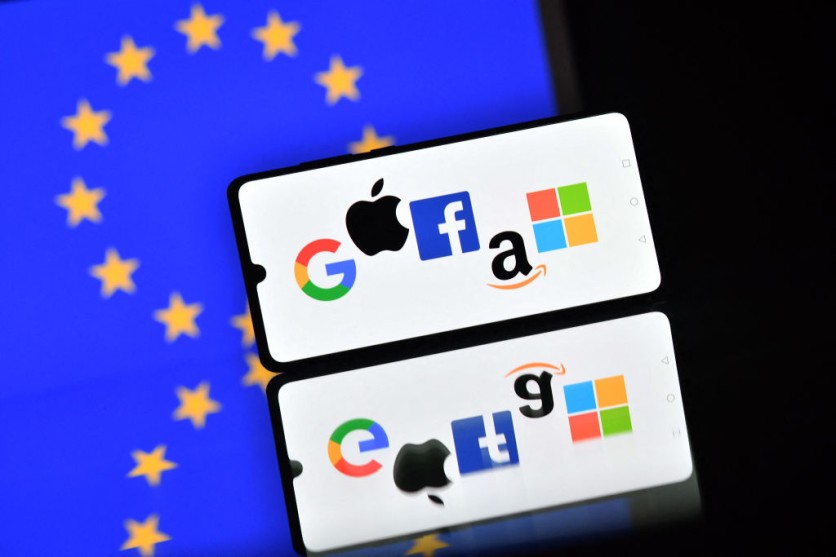EU lawmakers have voted for draft rules that require online platforms to carry news content for 24 hours before being removed if it breaches their content moderation rules.
According to Reuters, it targets content moderation restrictions of Google, Meta, and other big online platforms. It stemmed from the complaints made by some media outlets about arbitrary decisions to remove their content with no explanation.
The voting happened on Tuesday when EU lawmakers backed Article 17 of the European Media Freedom Act (EMFA), which ensures media plurality and boosts journalistic independence. The European Commission proposed this legislation last year.
With this, the lawmakers said media outlets must "be notified of the platform's intention to delete or restrict their content alongside a 24-hour window for the media to respond."
After 24 hours, the platform can delete, restrict, or refer the case to national regulators if it is still against the platform's terms and conditions. The final tally of votes showed an overwhelming 448 in favor, with 102 against and 75 abstained.

'Media Privilege' in Social Media
Prominent European Broadcasting Union (EBU) celebrated the development by describing it as a display of leadership and a promotion of public service media. The EBU was particularly in favor of the delayed news content censorship.
The draft rules were coined to be a step towards a re-balanced "relationship between large online platforms... and the freedom of media," but the organization continued to value high-quality journalism in different social media platforms.
On the other hand, the group CCIA Europe, allied with Facebook, Google, and X, has disagreed with the policy, arguing it could be exploited for disinformation. The group said it could "empower rogue actors... spread fake news rather than fixing it."
Club De Madrid voiced concerns about "dangerous loopholes" that this provision would create. The non-profit organization said Article 17 poses a risk to the principles of democratic discourse. The group is mainly concerned with the identification of media service providers (MSP) based on self-declaration.
It noted that the legislation's self-proclamation mechanism "may inadvertently empower actors who seek to manipulate public opinion by disguising disinformation and propaganda as legitimate media content."
The organization further noted that allowing anyone to self-declare as a media organization could backfire and be open to abuse. Misinformation, disinformation, and propaganda could all easily proliferate and be harder to censor, thus possibly "eroding public trust" in the media itself.
Facebook and Google's Part
The European Partnership for Democracy (EPD), with more than 15 different allied organizations, has also argued for the downright dismissal of "media privilege" in the EMFA, pointing to how Big Tech companies "algorithmic content curation" is the real culprit for the lose of media content visibility.
The European Federation of Journalists (EFJ) has previously advocated for its approval through a letter dated September 26. The letter championed media privilege and plurality over content moderation. Concerns for the increased spread of misinformation were remedied by the letter stating that its allied organizations will remain as regulatory bodies.
The parliament also proposed other noteworthy rules, including banning all forms of interference and pressure in editorial decisions, including spyware on journalists, unless completely justified, as well as ownership transparency, wherein all media organizations are obliged to show transparent ownership information.
Despite mixed reactions, the finalization of the policies is set to proceed along with Council negotiations before its implementation.
ⓒ 2026 TECHTIMES.com All rights reserved. Do not reproduce without permission.




